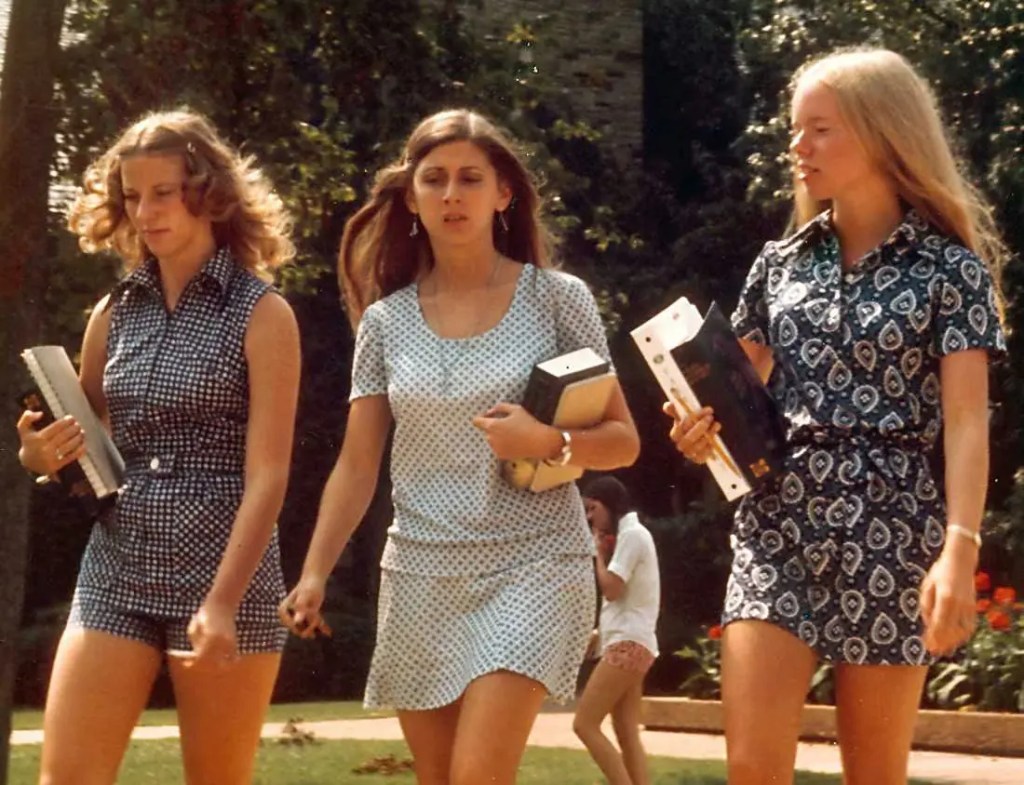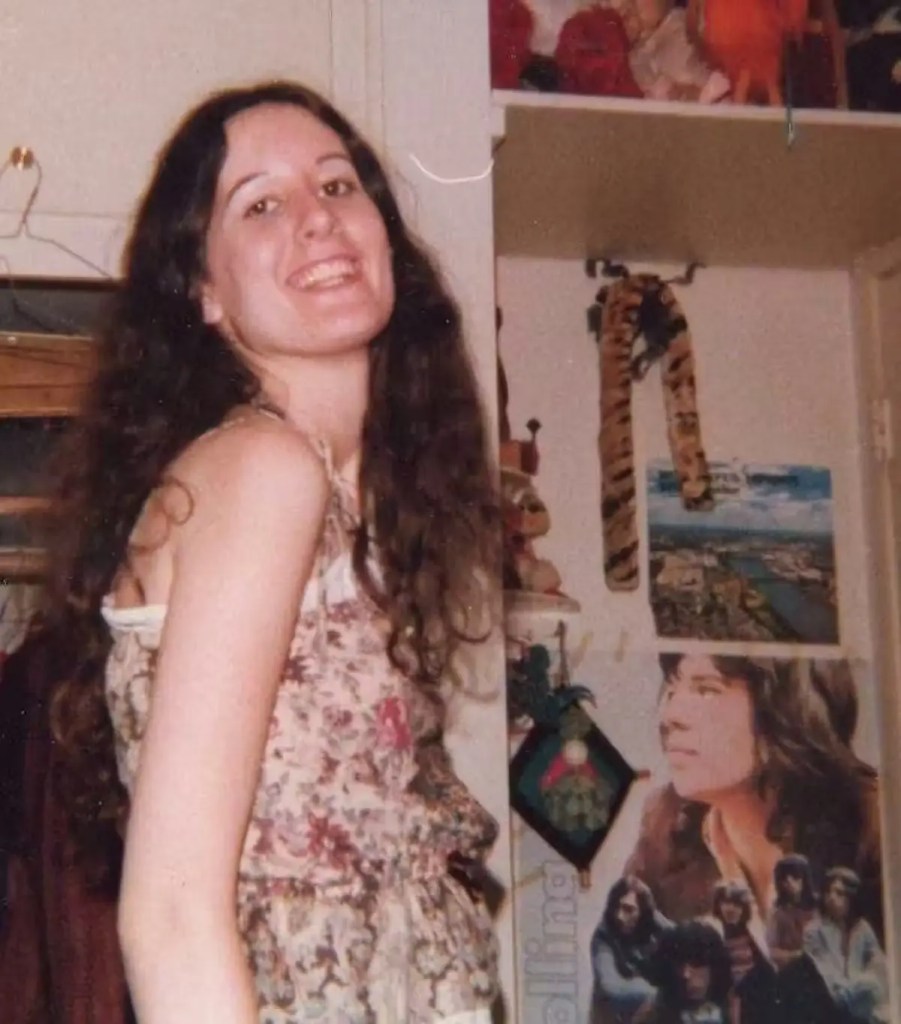Unlike most world famous athletes, tennis star Novak Djokovic knows what it’s like to live through war.
Photo by Clive Brunskill/Getty Images.
During the 1999 NATO bombing of Belgrade, Serbia, Djokovic and his family spent long, anxious nights in his grandfather’s basement hiding from the explosions and chaos.
A street in Belgrade during the 1999 NATO bombing campaign. Photo by Snake bgd/Wikimedia Commons.
Which is why — when asked about how the world should respond to the wave of Syrian refugees — he made it abundantly clear: Let them in.
(Click the tweet to enlarge his comments, highlights transcribed below).
“The cause is the war back in their country,” Djokovic said.
“You can’t blame these people. If they don’t have a house, have nothing, where are they going to go? Of course, they have to search for some better place to live.
I think it’s an obligation of all the countries to give them this right, from the International [Bill] of Human Rights. It’s very well written that you’re supposed to offer them at least shelter.”
After the bombings in Paris, many were quick to blame refugees for the attacks, even though none have yet been found responsible.
Photo by Fabrice Coffirini/Getty Images.
Despite the fact that all of the suspects identified so far are believed to be European Union citizens, politicians around the world are already talking about how to make it harder for migrants fleeing war in the Middle East to enter their respective countries.
Already over two dozen U.S. governors have announced that they will attempt to block refugees from being resettled in their state.
Now is not the time to withdraw the welcome mat.
Much has been made about the fact that driving a wedge between the West and Middle Eastern Muslims is part of what ISIS is trying to achieve. Still more has been made of the fact that many of the refugees from Syria and Iraq are fleeing the exact same people who carried out these horrific attacks in the first place.
Perhaps less often mentioned, but no less critical — we have a moral responsibility to put fear aside and do our best to help these refugees.
Here in the U.S., welcoming the oppressed, the downtrodden, the impoverished … is kind of supposed to be our thing. Most of us learned that growing up. It’s on the freaking Statue of Liberty, for goodness’ sake.
Those are the values we all signed up for — and now, with millions of people in crisis, is the most important time to live them. Not when it’s easy, but when it’s hard.
‘Cause the most important thing Djokovic said?
Photo by Iakovos Hatzistavrou/Getty Images.
“From my perspective, I’m only an athlete, obviously I’m following this as a human being, at the end of the day, we all have to be humans and feel for one another,” Djokovic writes.
“We have to put that in front of all the laws and borders and different political stuff.”
A-freaking-men.























